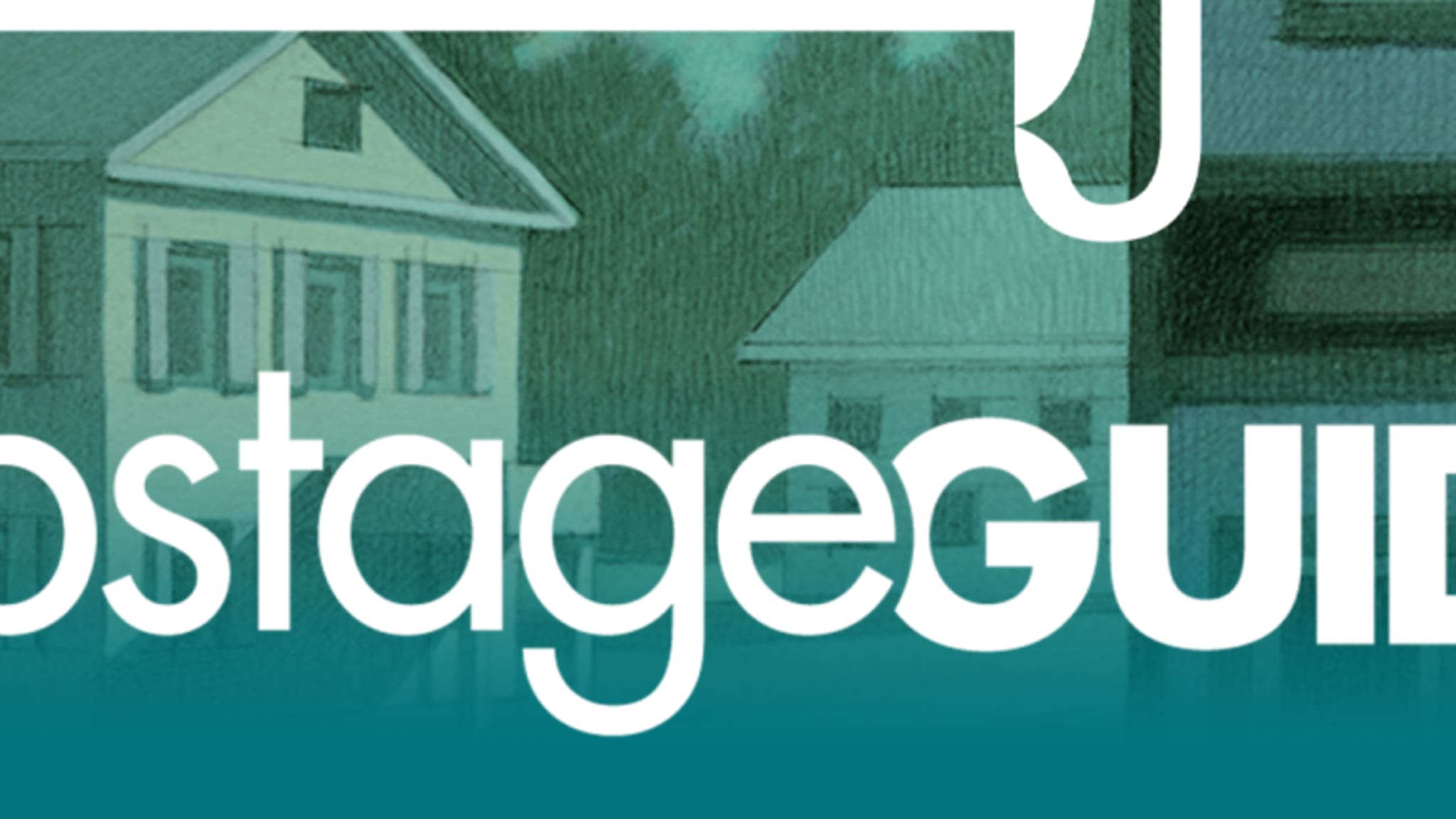Teaching Artist Leah Reddy spoke with William Jackson Harper about his work in Primary Trust.
Leah Reddy: What is your theatre origin story?
William Jackson Harper: My mom kind of made me do it, I was shy, and she thought it would be good to help me come out of my shell. I was reluctant to do it because I was already nerdy enough. At the time I thought doing theatre meant that I was gonna be wearing tights and saying really embarrassing, corny things in front of people, which was the last thing I needed. I soon discovered that I was good at finding the humor in things, and theatre was a way to express some of my smart aleck impulses without getting in trouble. It was somewhat therapeutic to get that out of my system. I've still had to do the occasionally corny thing though of course. It's kind of a rite of passage.
LR: Were there any particularly important teachers or experiences that inspired or shaped you?
WJH: There were a few. My first high school theatre teacher Mr. Kersh exposed me to the absurdist plays of Ionesco and Beckett, which really resonated with me. We tended to stay away from "kitchen sink" stuff and musicals almost entirely (no shade). And there was always a lot of ironic humor to be found in them. We also did a fair number of farces, which taught me a lot about playing jokes in front of an audience. How not to beg or push for a laugh, that sort of thing. But he also created a community of weirdos that loved this unreasonable thing and showed us how fulfilling doing theatre could actually be.
LR: What drew you to this play?
WJH: I don't really know how to explain it, but I was affected by it immediately, and that was that. Not much of a long, drawn-out thing here. I just vibe with it. Also, I love Eboni. I think she's a tremendously complicated and nuanced artist. And I've become a big fan of Knud Adams's work over the past few years.
LR: How does being involved in the reading or development process for a play affect your understanding of the role or the piece? Has anything percolated or changed for you since the reading of Primary Trust?
WJH: My understanding of the role changes a little every day. I think that's just part of the process for me, but again, there's something in the play that I'm drawn to, and I'm hesitant to name it for fear it will go away. Perhaps I'm being a bit superstitious or something, but I want to keep some stuff secret.
LR: You’re a renaissance man—acting in theatre, film, and television, and playwriting. How do you balance your commitments or choose projects? Do you have an artistic philosophy that guides you?
WJH: I don't have a single principle that guides me. You spend so long just trying to get a foot in the door, and during that time, you take anything that will give you a chance to practice, even if you don't particularly care for the project as a whole. I feel so privileged to be in a place where I get to occasionally pick what I want to do, but I still feel new to this stage of my career. I'm not over-intellectualizing it. If I'm affected by the role or project, I'll consider it. If not, I won't. It's pretty simple. But there isn't a single thing I'm looking for. I feel that would cut off things that might surprise me. I guess if I had one guiding principle or artistic philosophy, it would be to try to not do the same thing over and over again. I get bored so easily.
LR: What advice do you have for aspiring actors, particularly students?
This is a long haul. And if you love it, stick with it. Try not to set arbitrary deadlines for things or compare yourself to other people. It will be hard to do, but it'll keep you sane. Be nice to everyone. Anyone could leapfrog you at any time. Be happy for your peers' success. Keep plugging away. Take every chance you get to perform when you're starting out. It's a great way to build a community and a reputation without "networking". And live your life! Have fun! Have adventures and experiences! Do weird stuff that has nothing to do with this job. It'll only make you a more well-rounded person, and a more interesting performer.



